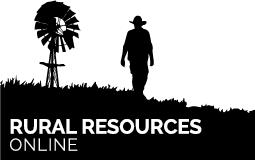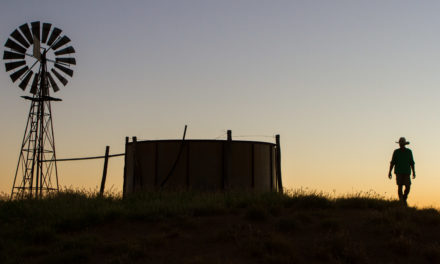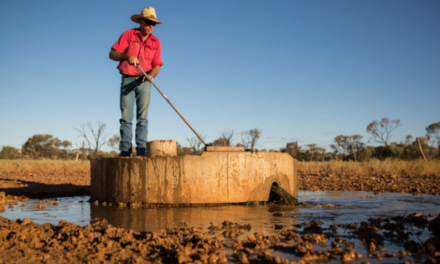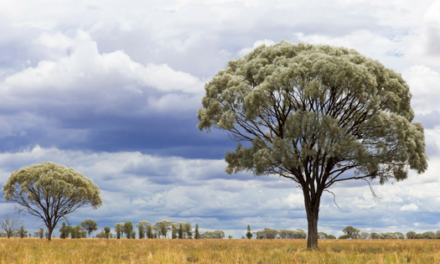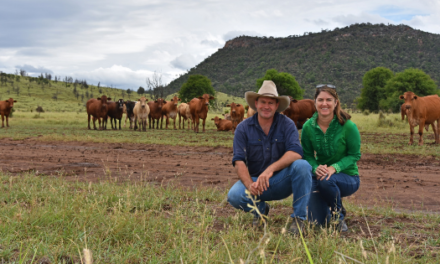Just as every family needs a farmer, every farmer should have a solid business plan
Why? Because farming is big business and often incredibly complex due to the multiple generations involved, and variables including the weather that are beyond business control.
So, what should farmers be looking at when they consider a business plan?
Goals
Just because something’s always been done a certain way doesn’t mean farms should rest on their laurels when it comes to the future. As in any business, farming enterprises should have a clear vision of where they want to go within a set timeframe, with particular attention paid to whom will be involved.
These goals might factor in new plant and machinery, additional labour, an annual holiday or a diversified income stream.
Whatever goals your farming enterprise has, they should be clearly noted down after discussion with the main parties involved. These documented goals allow farms to set milestones, establish KPIs (Key Performance Indicators) and move into the future with a clarity that drives business forward.
SWOT
Like any organisation, each farm has its strengths, weaknesses, opportunities, and threats, and these too should be carefully documented.
Noting these elements allows you to foresee what may happen in the future, with an eye on competition (global, national and local), while enabling you to take advantage of your position, and decrease any threats.
In any given year, threats may include low produce prices, disease/pests, weather, injury or illness, and your SWOT allows you to plan for the worst.
Meanwhile opportunities might include government incentives, diversification and new technology, and identifying them allows you to seize the moment.
Strengths may include market share, supply chain or scale, and acknowledging them allows you to build a vision for the future while recognising your past.
On the other end of the scale, weaknesses could include a retiring generation, no incoming younger generation or a lack of capital to invest in equipment.
Whatever your position, knowing it allows a farming enterprise to act upon the real information at hand. In any business knowledge is power that is amplified by the actions that make the necessary change.
Technology
Technology is impacting agriculture in ways almost unimagined, and most, if not all farming enterprises should have a plan for how they intend to embrace the elements of technology that work for them.
This might include a five-year plan that factors in automation, or a two-year plan that includes plant and machinery upgrades. But whatever the time-frame, technology – its cost, benefits and potential pitfalls – should all be part of the greater farm plan.
Systems and procedures
By its nature farming tends to be a business where “the way things are done” is passed down from generation to generation over the years.
The truth is laving systems and procedures undocumented is a liability for all involved, but it’s also a situation that can be quickly and effectively remedied to liberate farm owners, operators and all staff.
By documenting how you do business, who’s responsible for what, and how each process occurs, farmers can free themselves from the occasional relentlessness of life on the land.
Systems and procedures allow people to step into the breach when a family member takes a holiday, when things need to get done quickly, or when someone falls ill.
Succession planning
Of all the industries where succession planning comes into play, farming is probably the most prominent example.
Properties tend to have been built up over years, divided via inheritance, expanded again and run as a group business with many related members involved.
This makes succession planning critical, and not just in terms of retirement. Planning should incorporate exactly what will happen in the event of injury or death.
Importantly, good succession planning should see everyone with a seat at the discussion table, so the wishes, goals, objectives and expectations of all involved can be understood and, with any luck, met.
The final word
Like any business, farming involves goals, systems, future plans and financial realities. But unlike many other enterprises the stakes are often high and elements like the weather, global prices and pests are beyond your control.
That makes planning critical – to prepare for the worst, seize the opportunity of the best and pass on the enterprise a farming family deserves.
